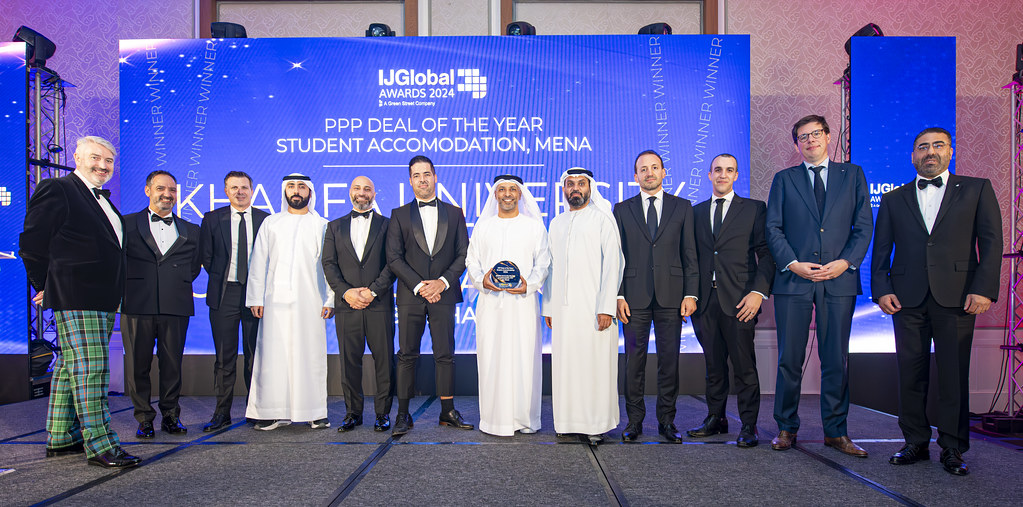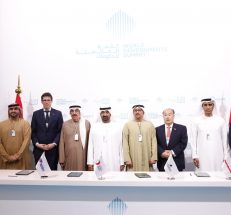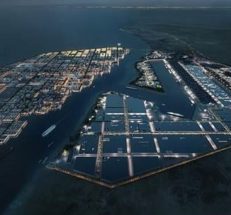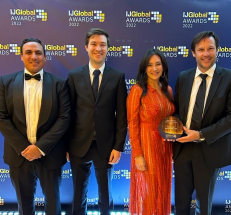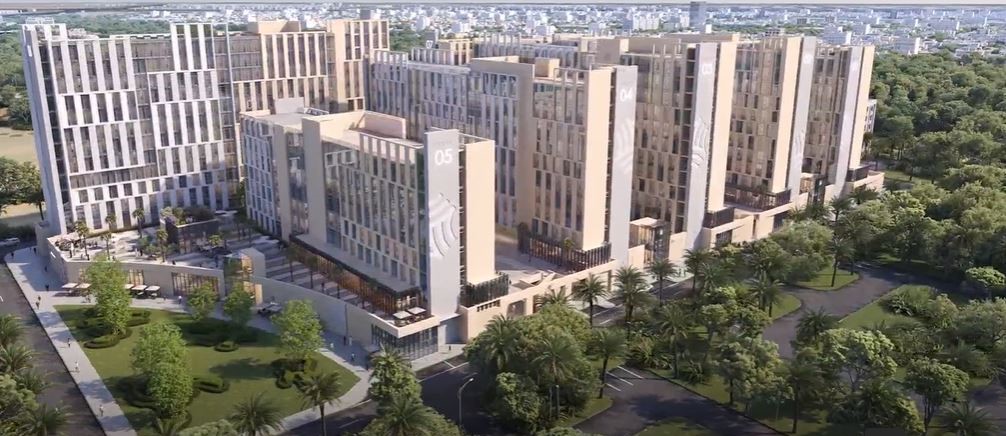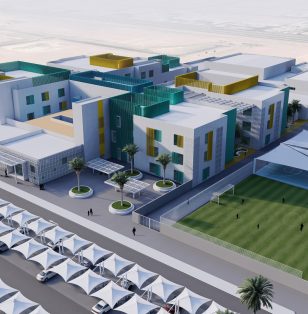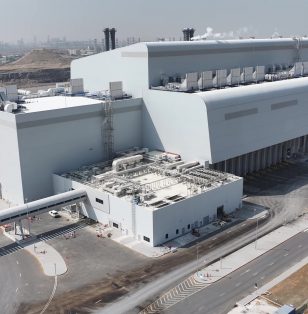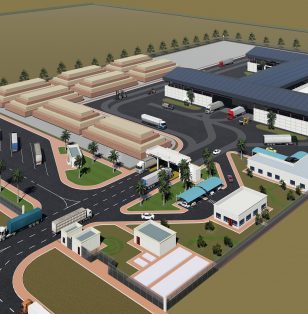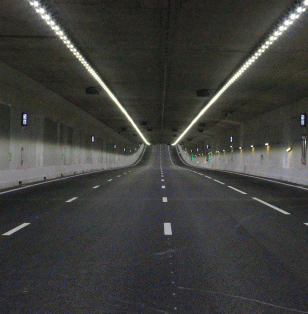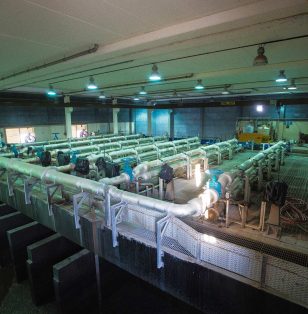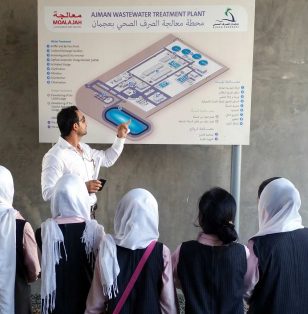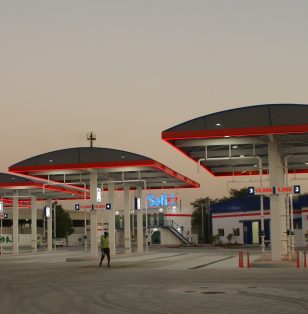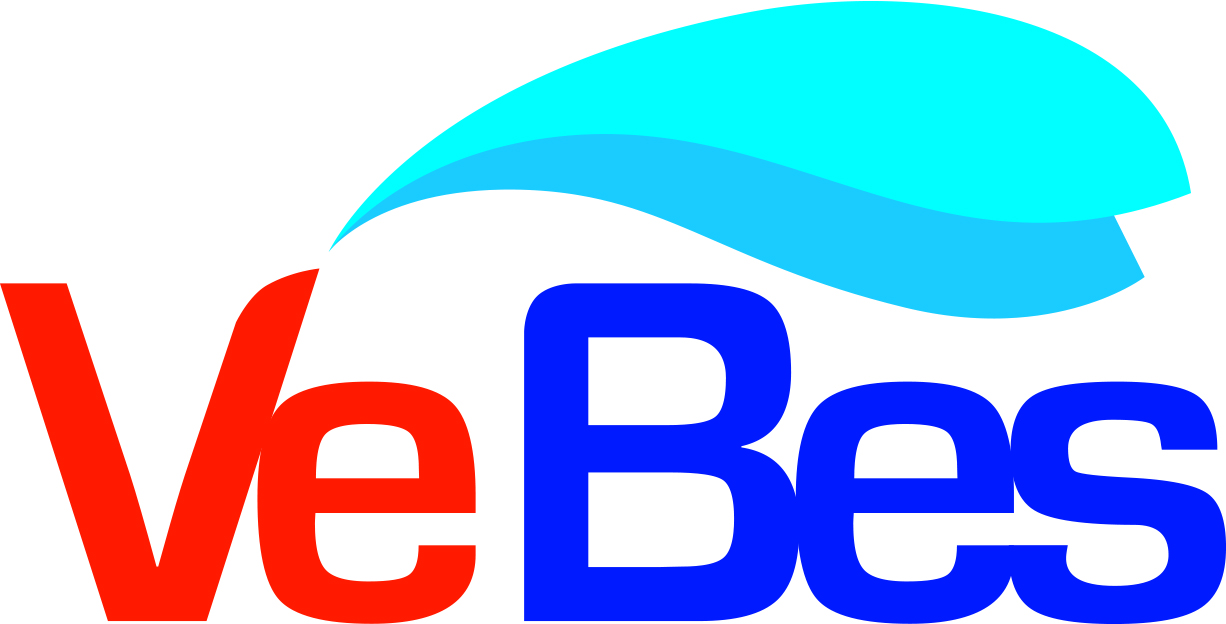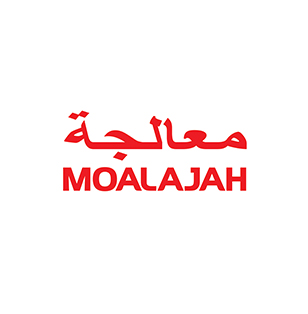BESIX eyes Gulf expansion through PPP’s
As appeared in Partnership Bulletin
Belgian-headquartered construction firm BESIX is eyeing growth in the Middle East region as it looks to build on a pioneering social infrastructure deal, according to the firm’s head of bids and assets for the region.
BESIX, which has built up a sizeable UAE PPP portfolio over the past 15 years, is focused on further expansion in the Emirates and Saudi Arabia, in particular, says Nicolaas de Koning.
While the firm has historically worked with core infrastructure sectors in the Middle East, such as water and waste treatment services, it has made a more recent move into social infrastructure services: in a landmark deal, BESIX has partnered with Australian infrastructure firm Plenary to build and operate the Zayed City Schools (ZCS) project in Abu Dhabi.
Led by the Abu Dhabi Investment Office (ADIO), ZCS represents a step-change in the way UAE schools are procured and operated, as the first educational PPP in the UAE. The project scope spans 20-year operations and maintenance of three state-of-the-art school campuses, with a total capacity of 5,360 students.
The ZCS project could mark the “first of a wave” in the region, De Koning says.
“We expect there will be more school PPPs in the UAE. We know ADIO is contemplating launching more PPPs… we don’t know exactly when and how many, but we know from ADIO that if Zayed City goes well, there will be more to follow.”
Social infrastructure boom
De Koning has worked in the region for the past six years, having previously spent nine years working on BESIX’s PP pipeline in Europe, at the firm’s Brussels head office.
He predicts a wider trend towards social PPPs in the UAE and the Gulf region as a whole, as Middle Eastern economies continue to expand at breakneck speed.
“We’ve come to the conclusion that PPPs are moving towards social services. The whole region is in a stage of mass development. The population of all GCC countries is growing. That means there is a need for social infrastructure, catering for the people,” he says.
“One regional benefit of PPPs is that product delivery is assured for governments. Another benefit is the application of performance-based maintenance metrics over a long period of time, which means operational standards are kept high.
“But the main driver is the social development of the region itself and the need for essential infrastructure to cater for that,” De Koning continues.
BESIX now presides over six mega PPP projects across the UAE, including its smaller, lesser-known emirates. Its debut project, Ajman Sewerage Private Company, has been in operation since 2009 – the first project of its kind in the locality. The firm has signed up major wastewater and water recycling projects in Ajman and Abu Dhabi, followed by two innovative plants that transform waste to energy.
BESIX also designed, built and financed the Emirates Refuse-Derived Fuel (RDF) plant, based in Umm Al Quwain, which has been operational since 2021. The progressive project converts household waste into fuel to partially replace gas and coal in local cement plants.
“All the waste for Ajman and Umm Al Quwain comes to this plant and becomes refuse-derived fuel. This area has one of the highest concentrations of cement plants in the world. We have still not used our maximum capacity – we could supply all nine plants in time,” comments De Koning.
But the biggest feather in BESIX’s cap is the upcoming $1.2bn Dubai Waste-to-Energy plant – one of the largest projects of its kind in the world. The plant is currently under construction and when complete it will process 1.9 million tonnes of waste per year, to generate 200 MW of sustainable electricity. BESIX is responsible for the design, construction, finance, and the maintenance and operations of the project for 35 years.
Growing project appetite
De Koning says the Gulf’s appetite for PPPs is being driven by an outward looking approach.
“The [region] looks to global examples, especially from the Anglo-Saxon world, such as Canada, New Zealand, Australia and the UK. It’s a way to bring in best practice to the region.”
“There is a lot coming through. We have our eye on more social infrastructure in Dubai, such as the Dubai Cardiology Centre of Excellence. We hope to reach close with the client by the middle of the year. We are very keen on developing that project.”
De Koning also has his sights on Saudi Arabia, where BESIX recently bid for a sewage plant project with a capacity of 200,000 cubic metres per day.
“We are entering Saudi Arabia slowly… we have previously been there as a contractor,” he says, adding that Neom, the kingdom’s upcoming $500bn smart city, is high on its prospecting list. “We are cautious, but we are definitely looking. We will look to see if [Neom] aligns with our ambitions and capabilities.”
Of the Gulf region, De Koning concludes: “We can’t afford not to be ambitious because the pipeline is growing. Obviously, winning and closing deals takes a lot of time, so it’s impossible for anyone to grow quickly. We are trying to slowly extend our portfolio to different asset classes.”
BESIX Gulf projects at-a-glance
- Ajman Sewerage Private Company – In operation since 2009
- ISTP2 Abu Dhabi (Al Wathba and Allahamah STP) – In operation since 2008
- Safi Ajman – In operation since 2011
- Emirates RDF (Refuse-Derived Fuel plant) – In operation since 2021
- Dubai Waste-to-Energy – Under construction, early generation as from Q2 2023
- Zayed City Schools (Abu Dhabi, UAE) – Under construction, start of operations mid-2024
Search
Follow us on Twitter
- Waiting for twitter.com...Try reloading the page again
